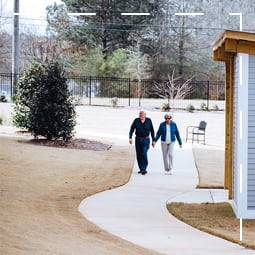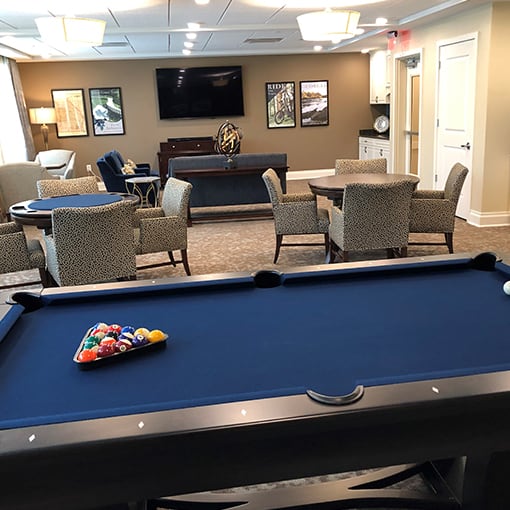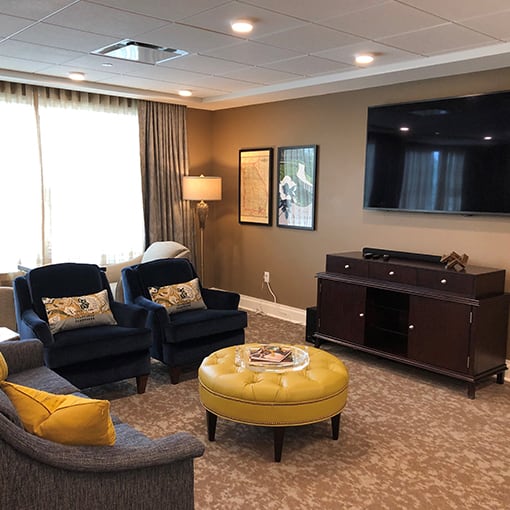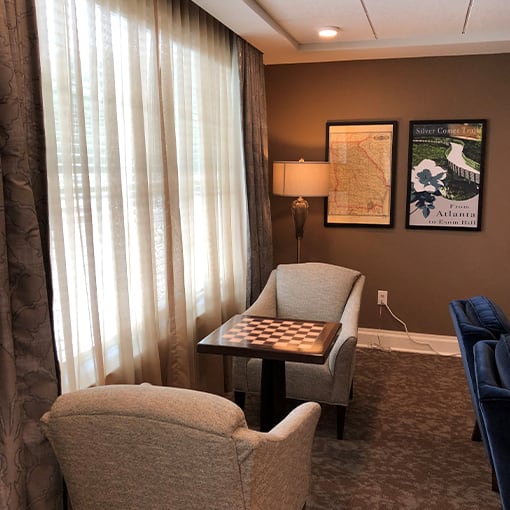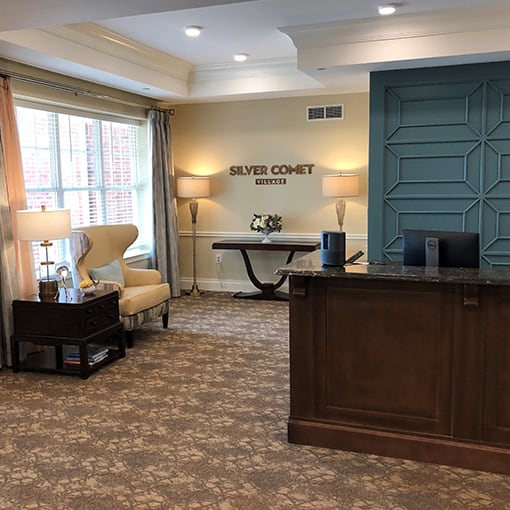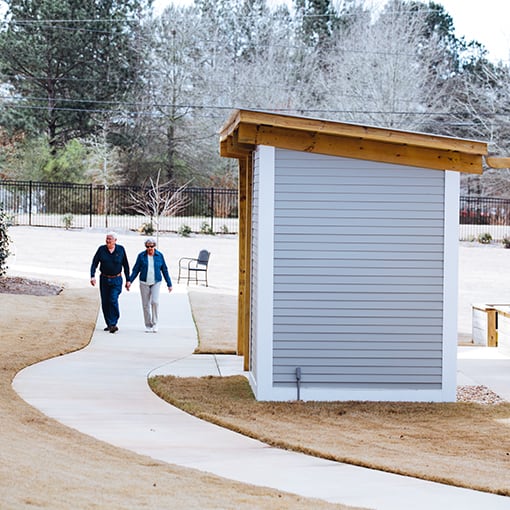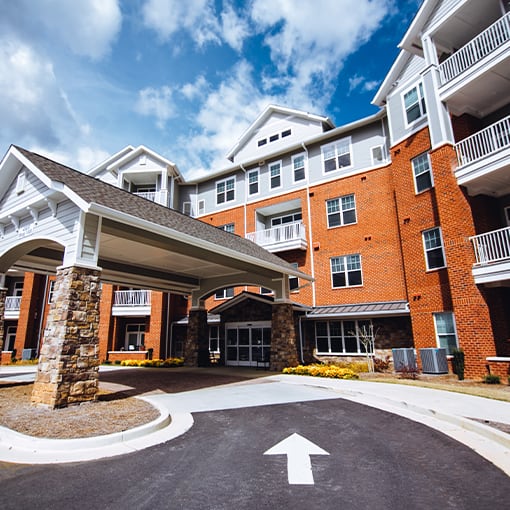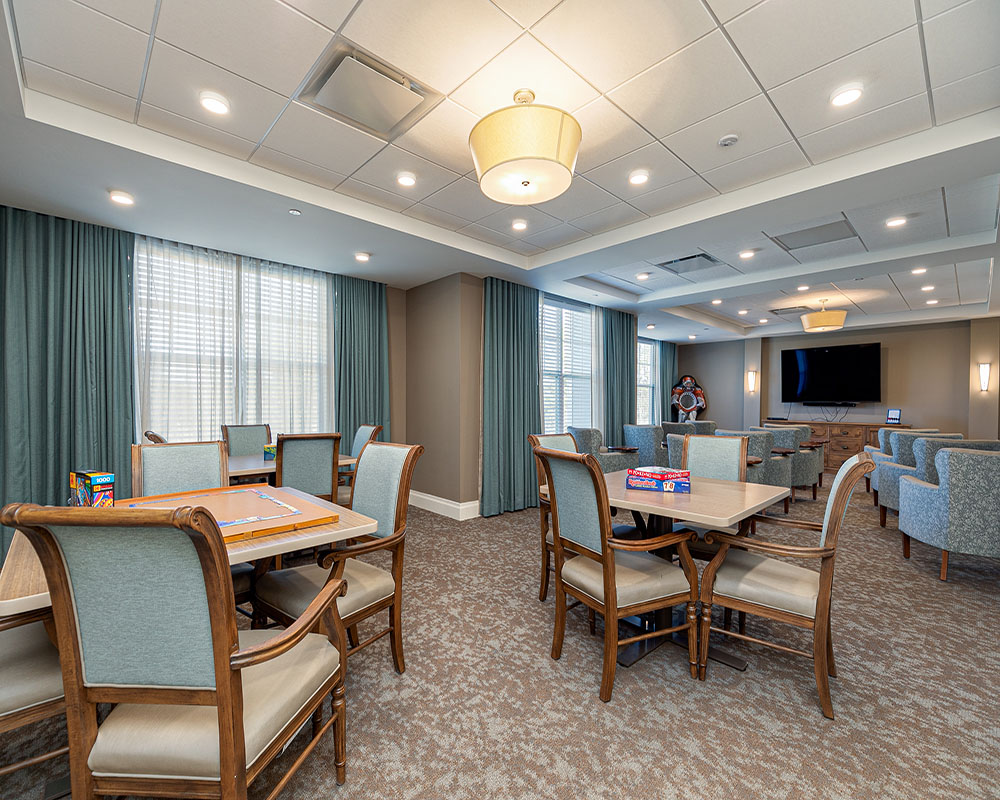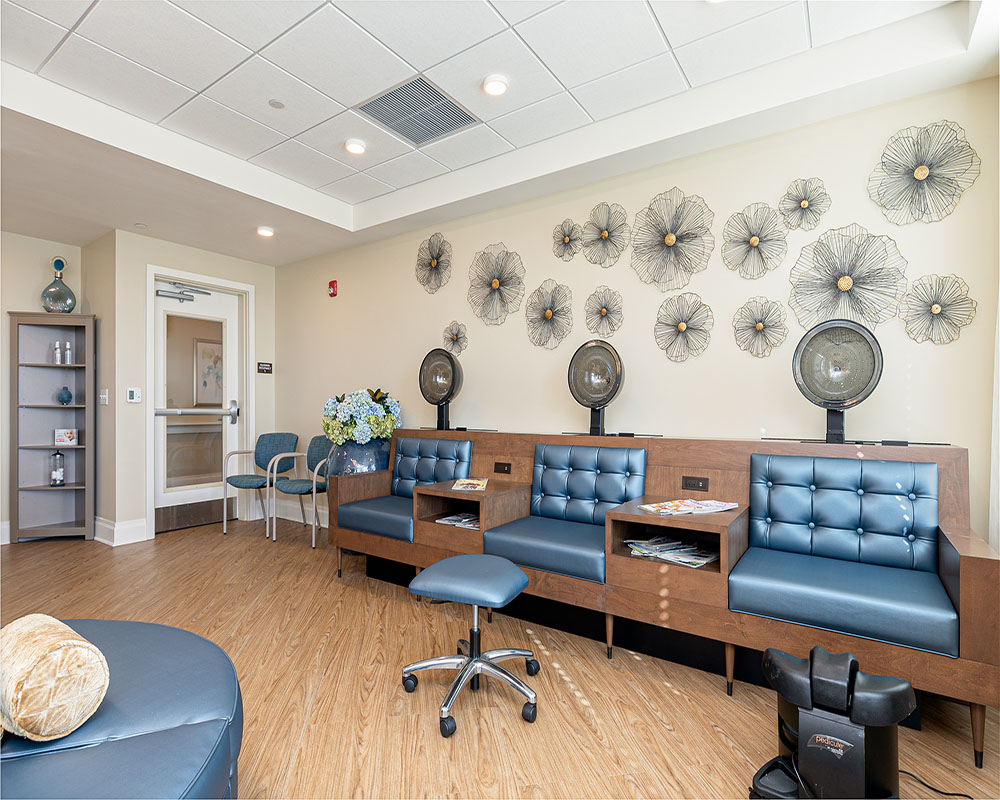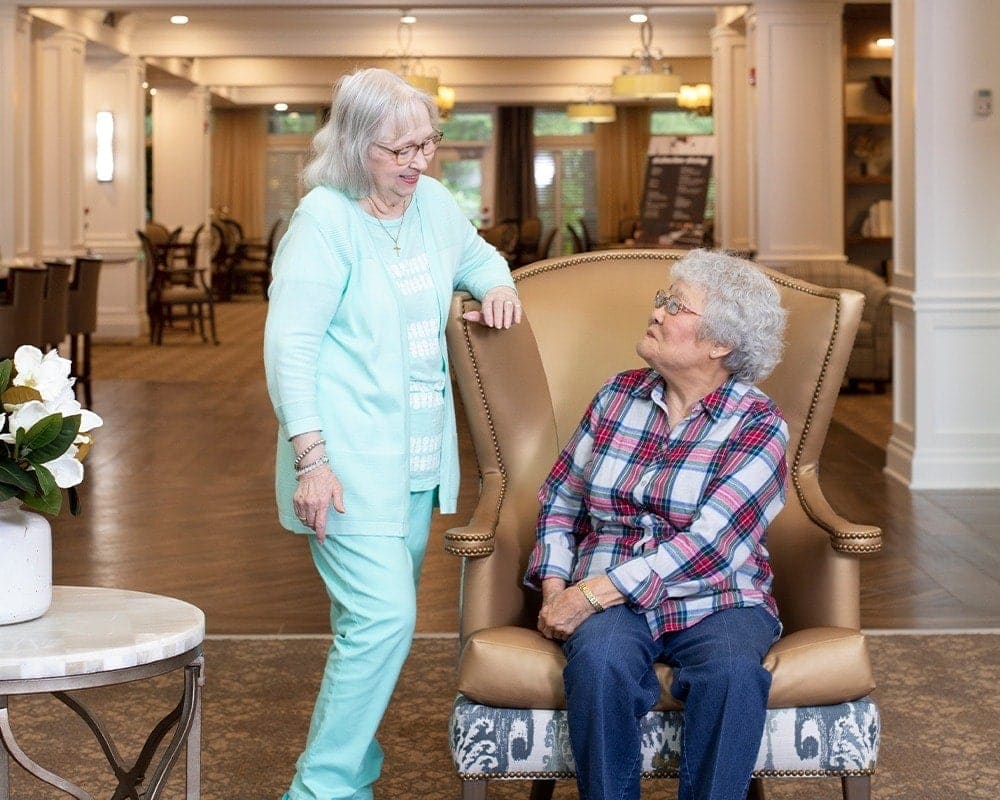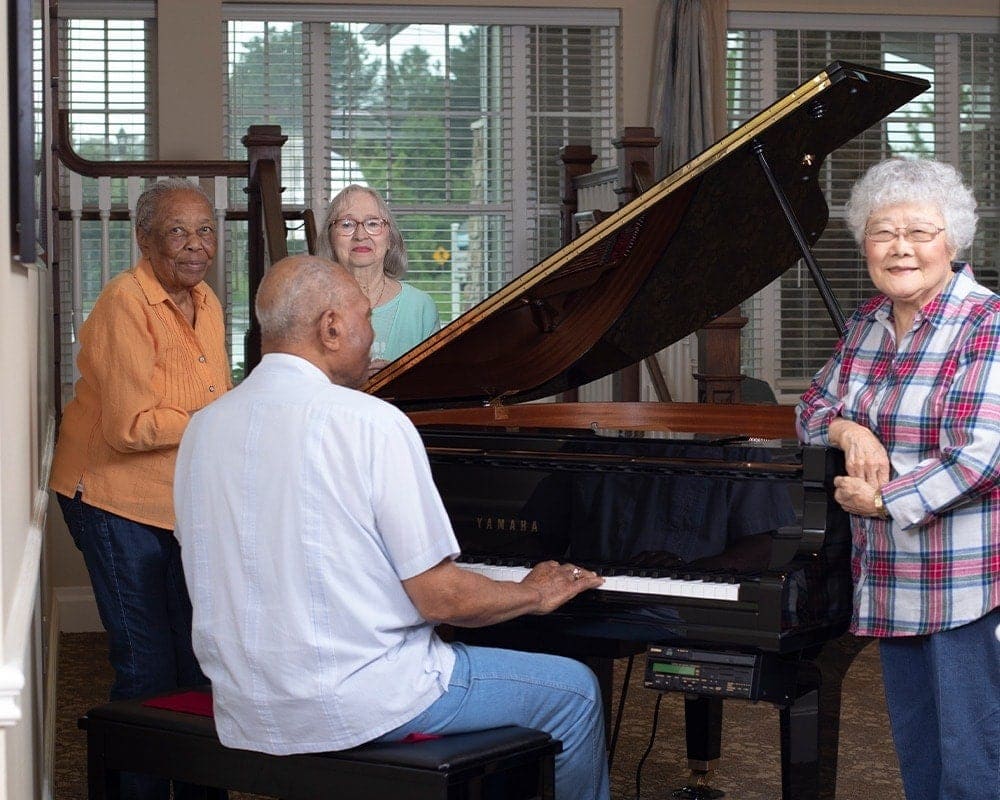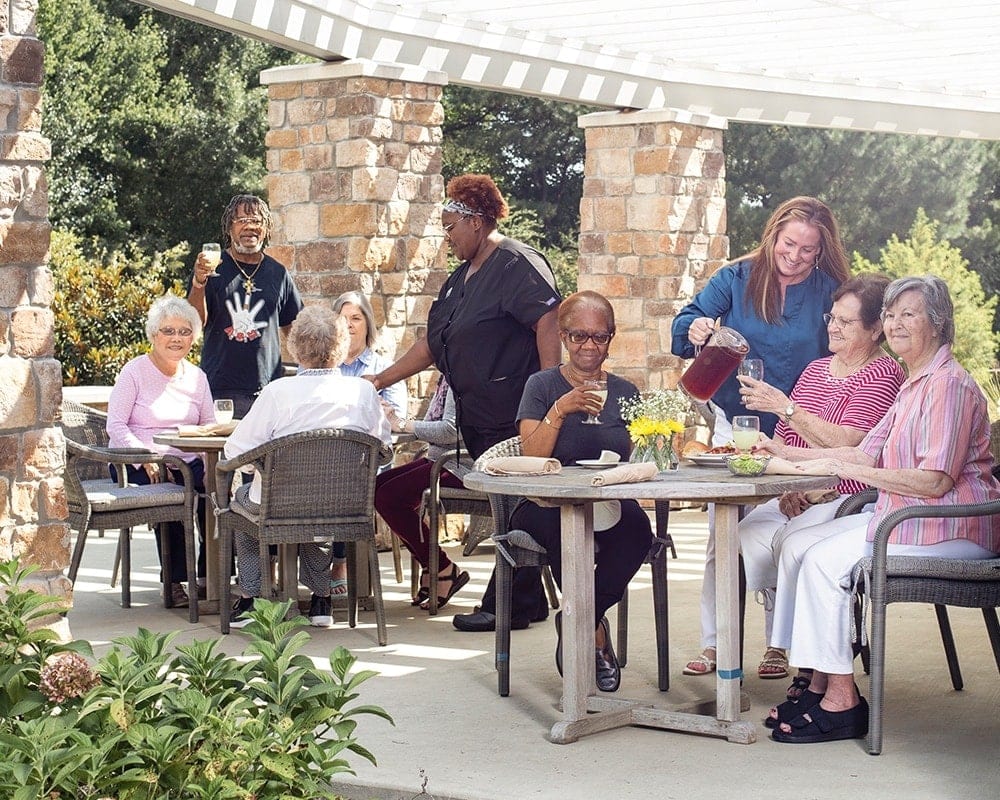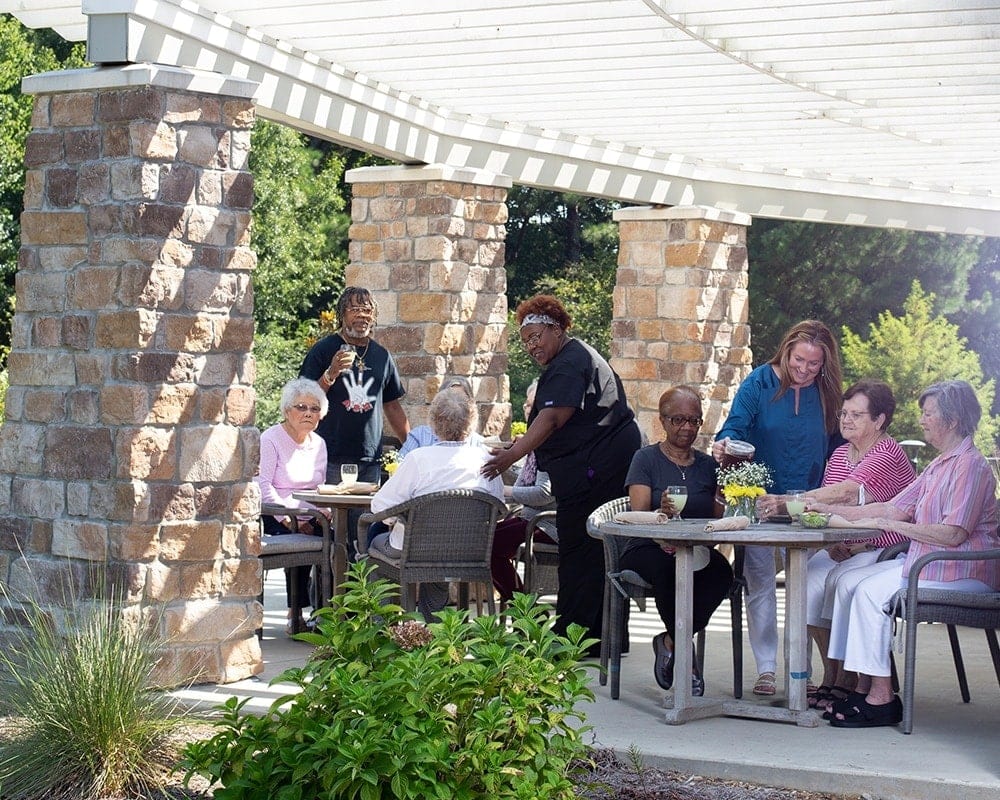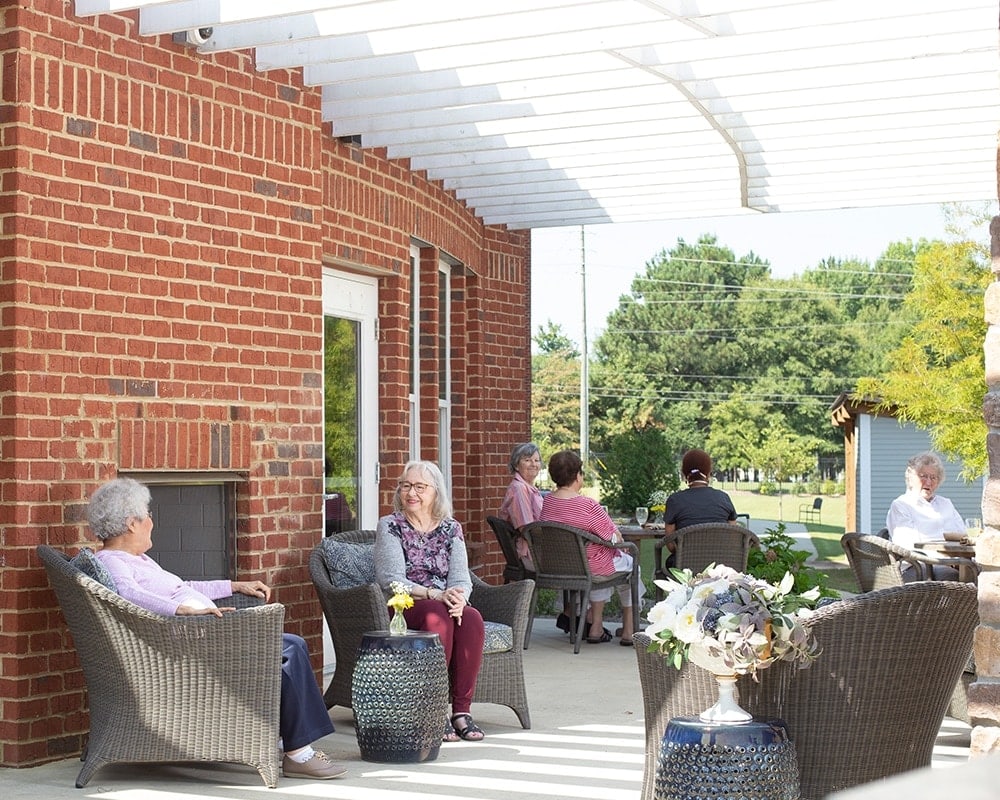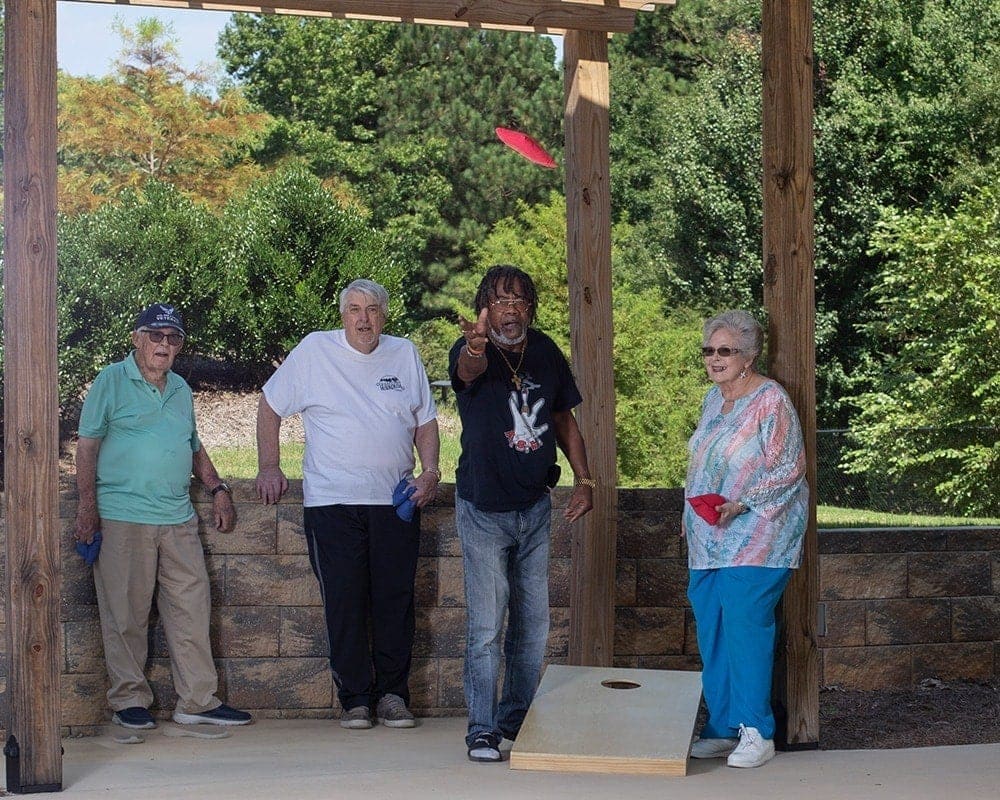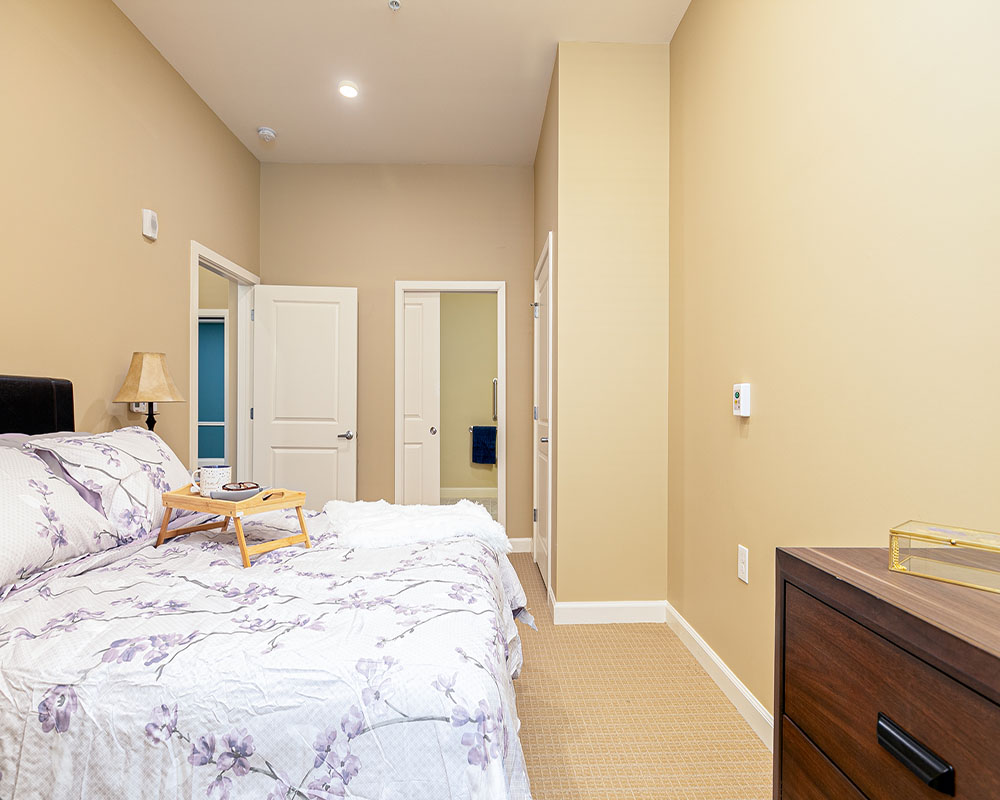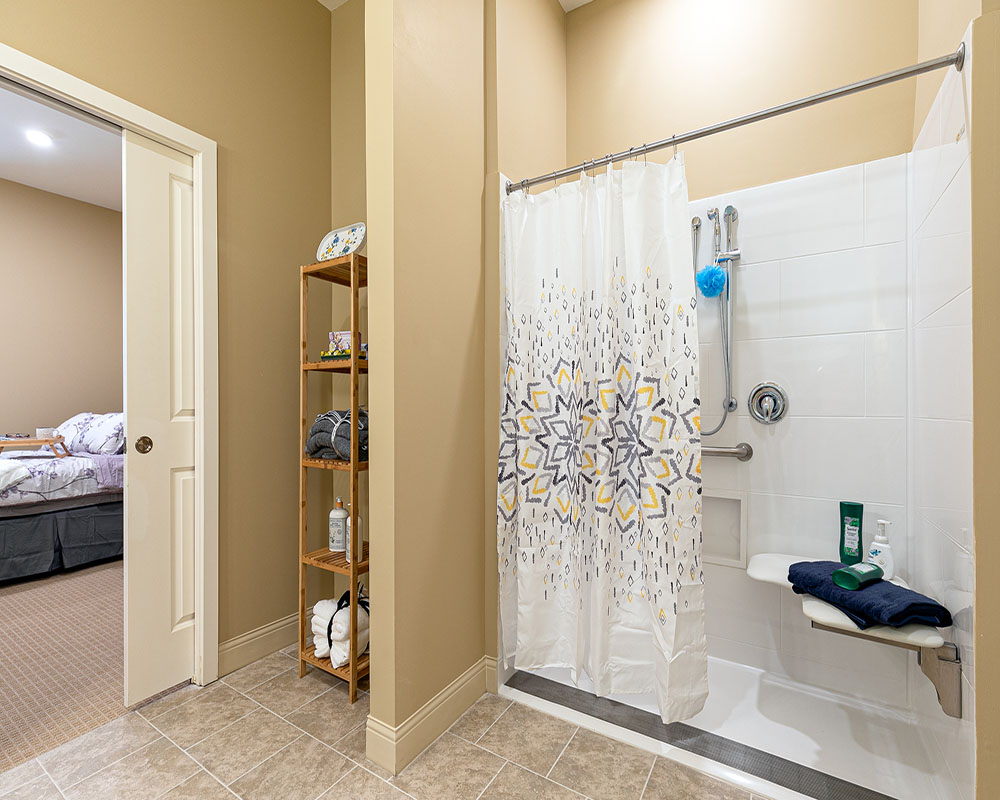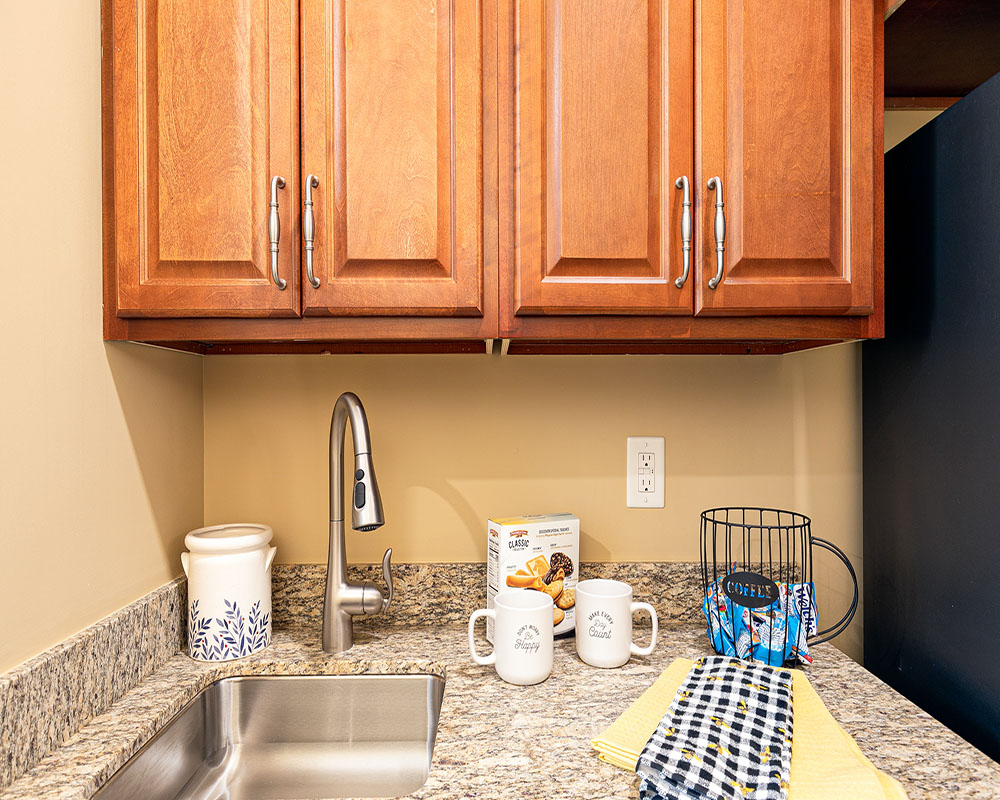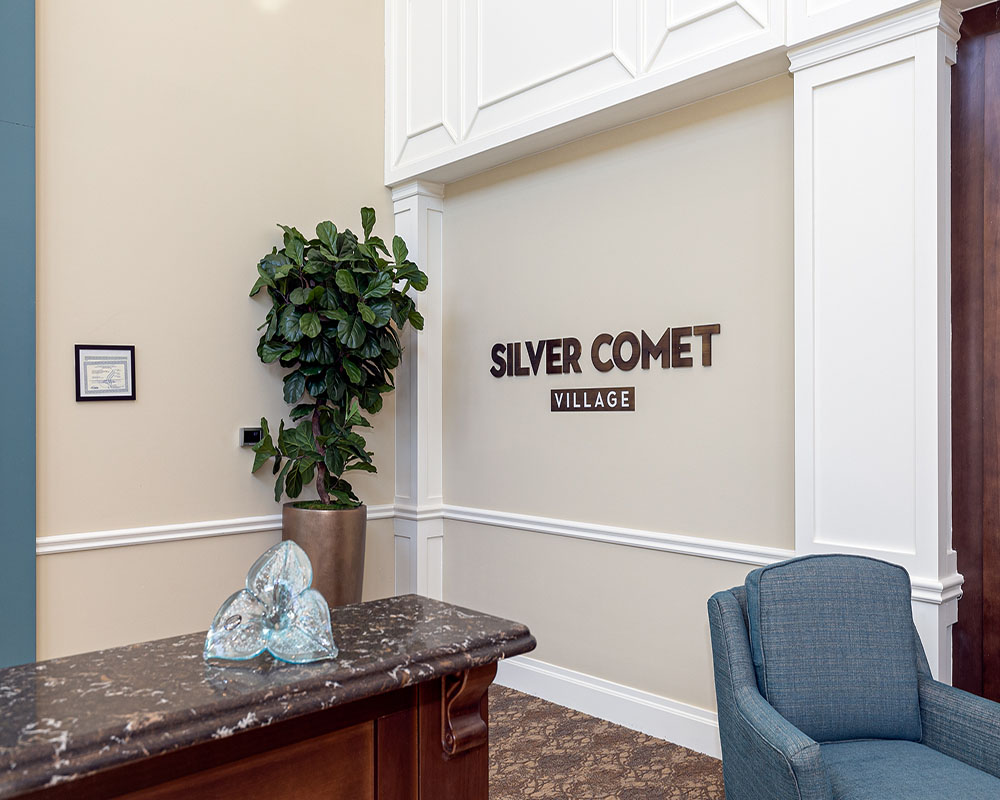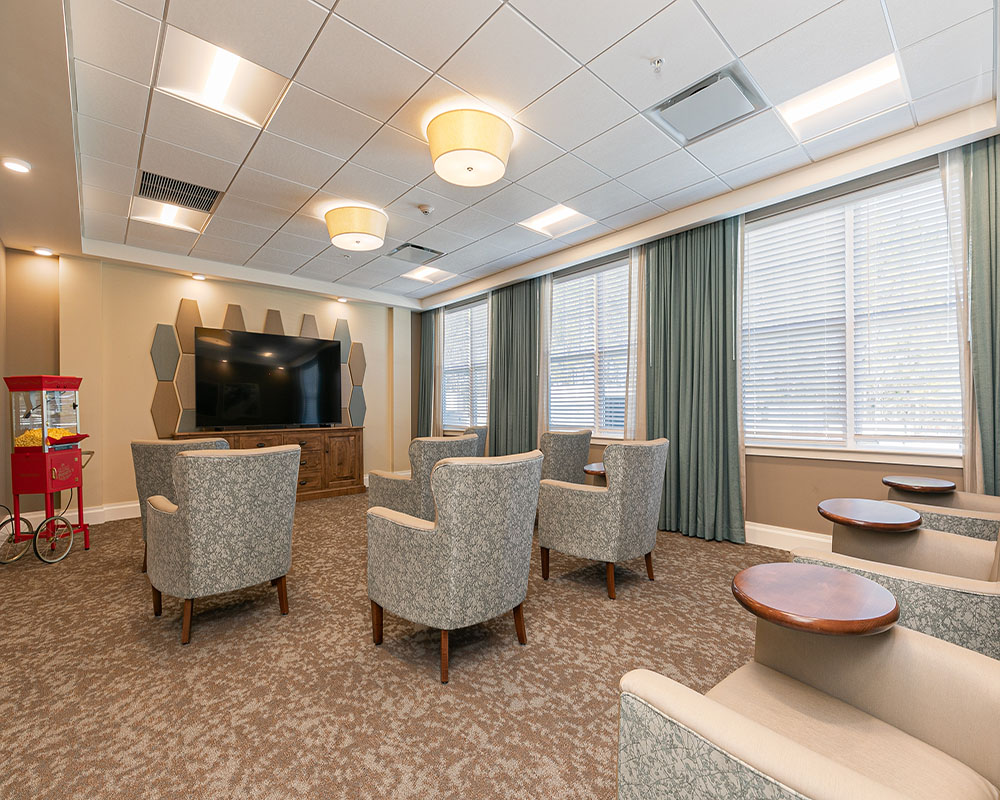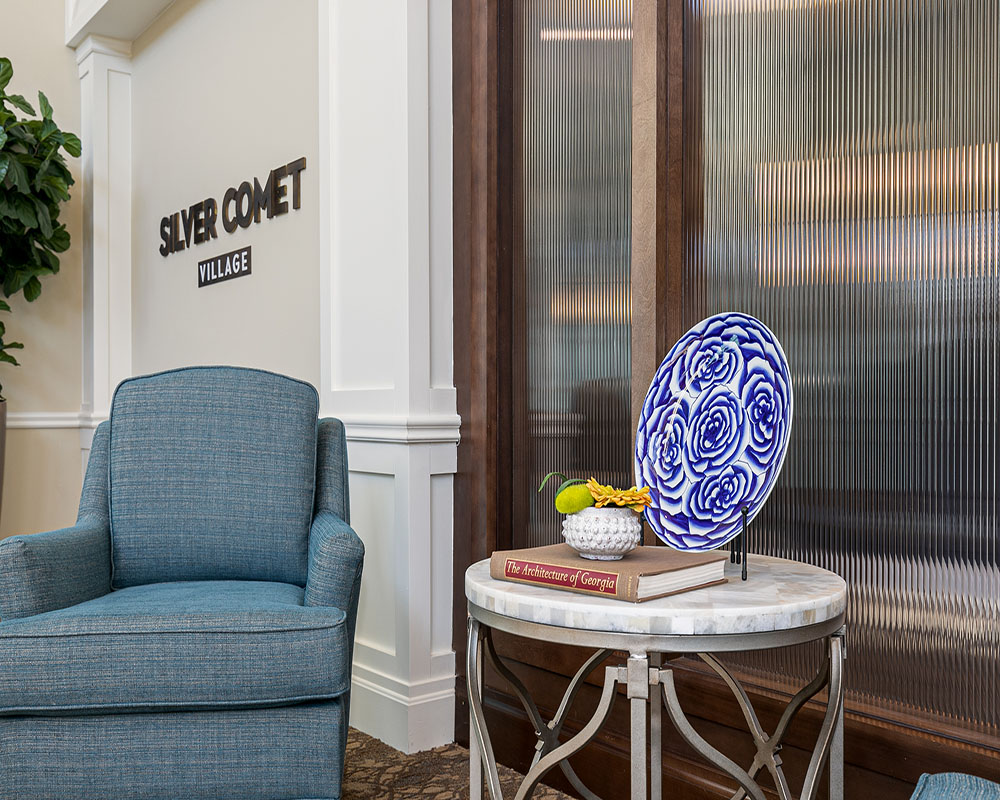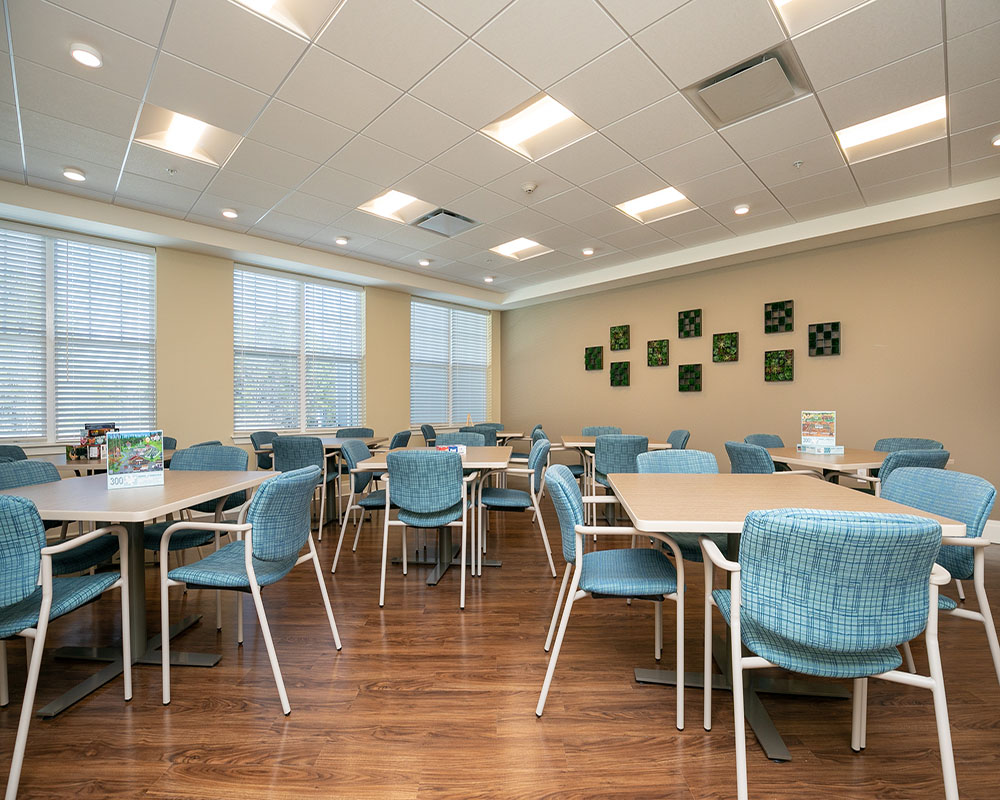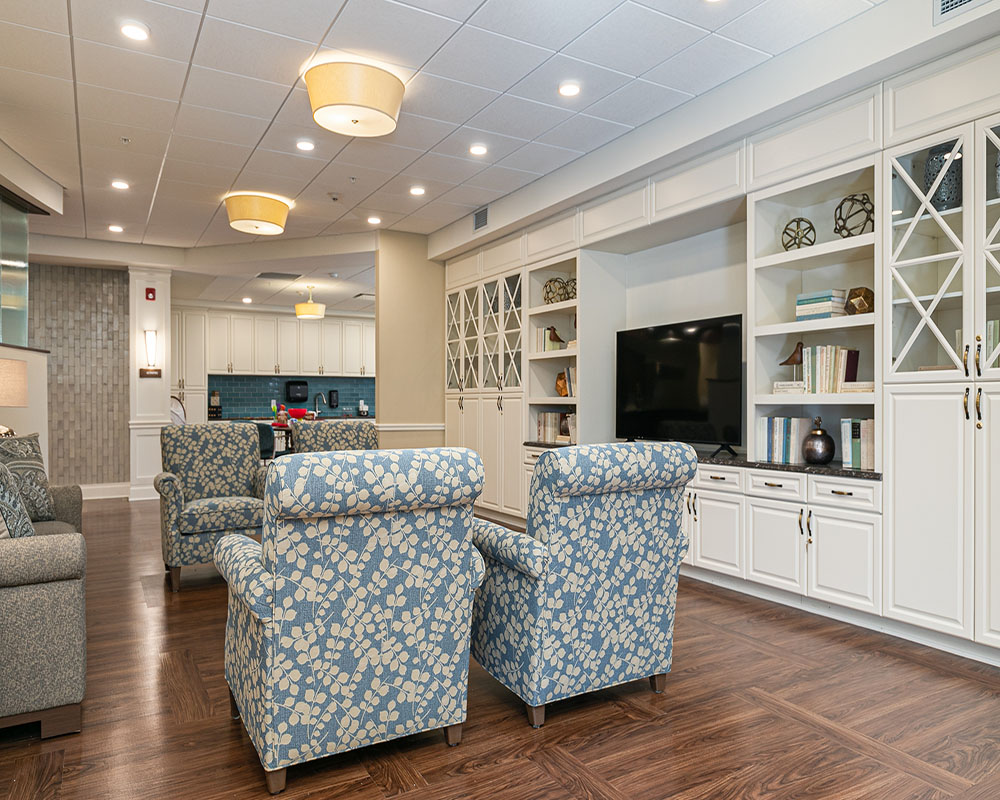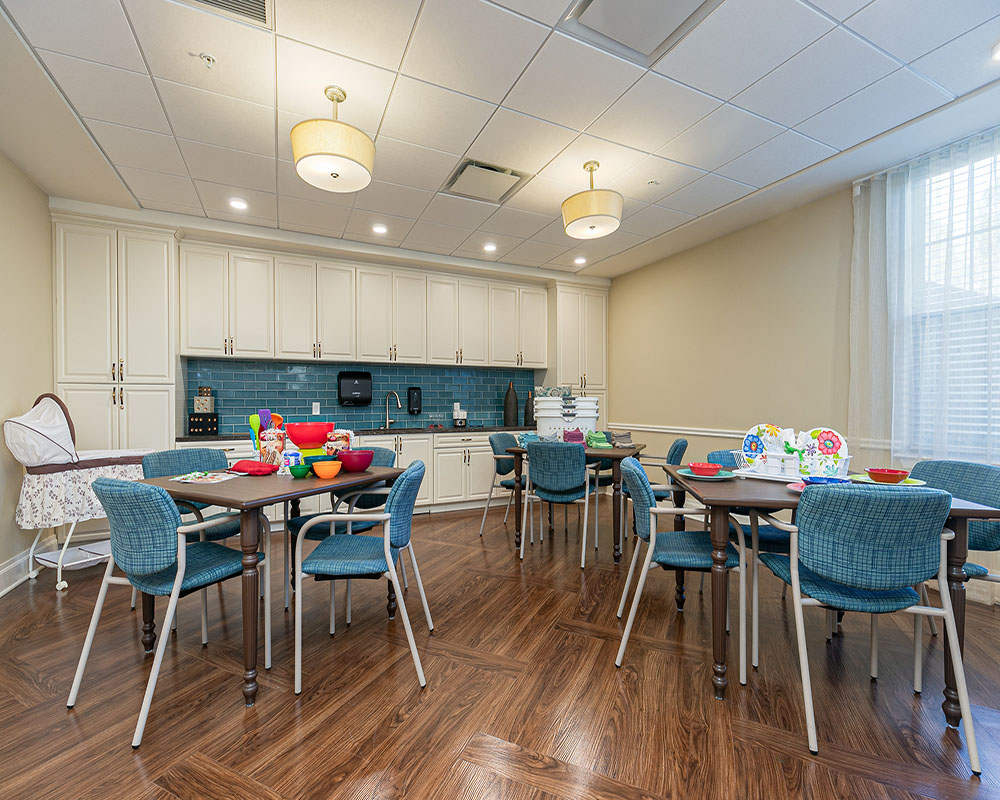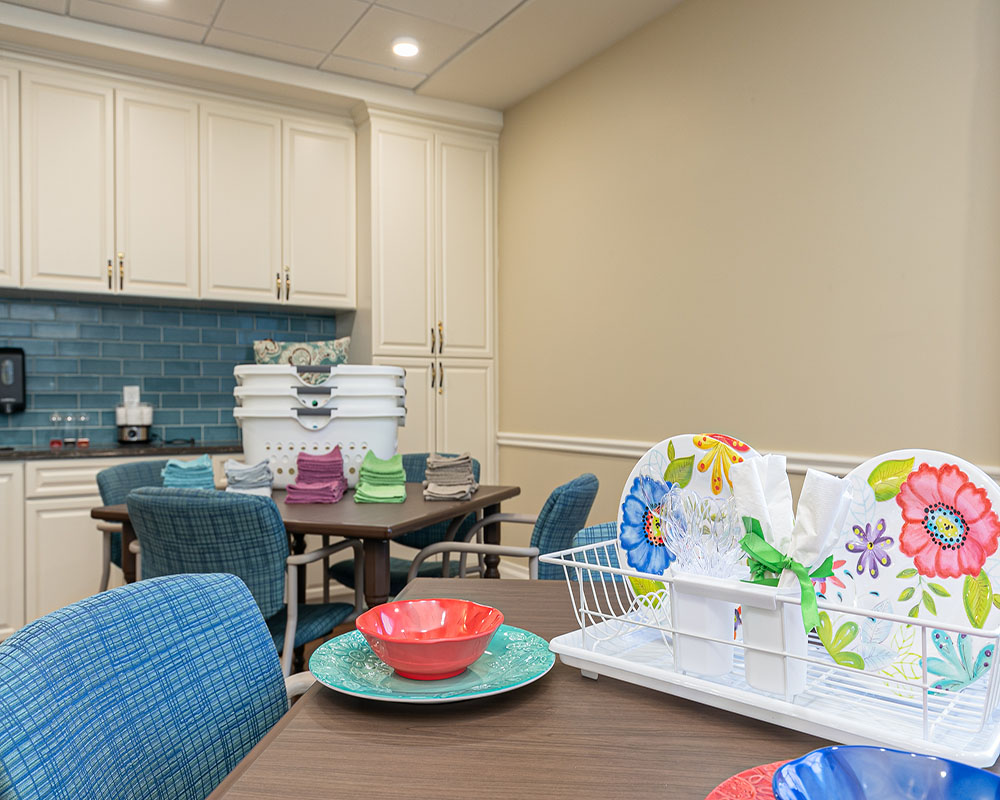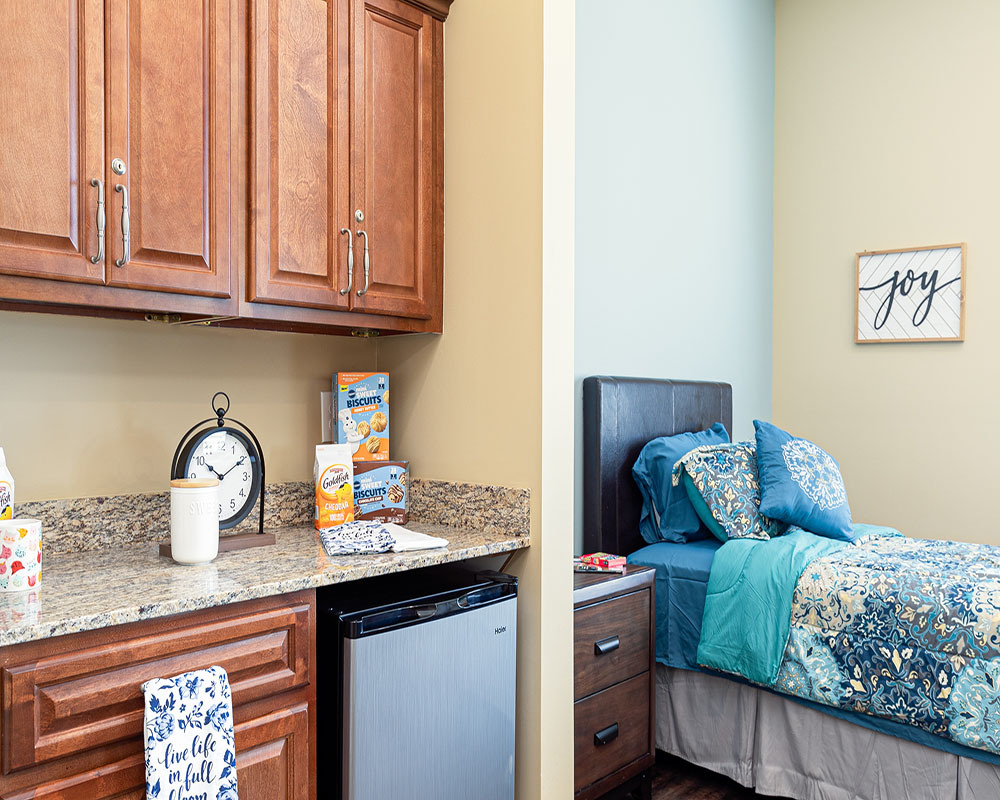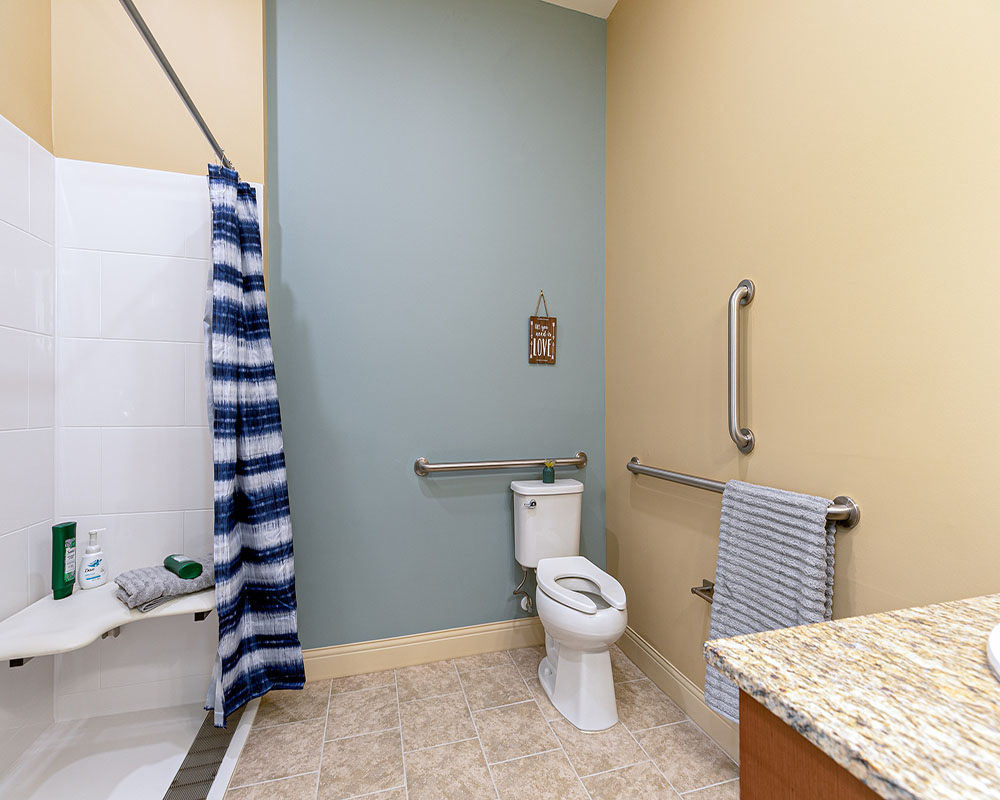Cognitive decline of any kind can be complex, often leading to a senior needing more care than can be provided at home. This is why memory care exists; it’s a community where your loved one can receive the support they deserve daily in a place that truly understands their needs. But when should you consider memory care for a loved one?
Try to assess how much your loved one’s cognitive abilities affect their day-to-day life. If they’re struggling with their daily activities, experiencing a decline in their mental health, or are at risk of harming themself, it may be time for memory care.
what is memory care?
Conditions like Alzheimer’s disease, dementia, and any other form of memory impairment can quickly affect almost every part of your loved one’s life. These are neurodegenerative disorders, meaning that they damage the brain cells, causing cognitive decline. Though they can begin subtly, these conditions eventually affect:
- Memory
- Thinking skills
- Problem-solving abilities
- Communication
- Daily living activities like dressing, bathing, and grooming
- Emotional well-being
This can be difficult to care for at home by yourself, and trying to single-handedly support a loved one with dementia can quickly lead to burnout. Fortunately, there’s no need to overwork yourself—not when memory care exists.
Memory care is a type of senior living specifically tailored to help seniors living with memory impairment and cognitive decline. Through a personalized approach, these communities offer an environment designed to support your loved one every day.
the benefits of memory care
When your loved one moves to memory care, they undergo an assessment of their cognitive and physical abilities. This isn’t just to learn what they can do daily; it’s a way for the community to create a custom care plan to give your loved one the support they need for a higher quality of life. Any activity that gives them a challenge will be factored into this plan.
They’ll also receive access to all of the benefits of memory care, such as:
- A team of trained caregivers with experience supporting seniors living with dementia
- Structured daily routines that provide consistency and security
- Extensive services and experiences to make every day interesting
- Engaging social activities that foster a sense of community and belonging
- Safe environments designed with security features to prevent wandering
- Therapeutic programs that stimulate cognitive function
- Family support resources, including counseling services and educational programs for family members
Memory care can offer a nurturing, safe, and understanding atmosphere where your loved one can thrive—regardless of their cognitive challenges.
how to tell if it’s time for memory care
Conditions like dementia can often develop slowly. It’s often difficult to recognize the early signs. The symptoms can easily be mistaken for a temporary lapse in judgment or age-related forgetfulness.
However, these conditions can quickly become more problematic, so try to watch out for signs such as:
- Increased confusion about time or place
- Frequent memory loss affecting daily tasks
- Changes in mood or personality
- Difficulty completing familiar tasks
- Withdrawal from social activities or hobbies
- Misplacing belongings regularly
- Neglecting personal hygiene or self-care
- Increased agitation or anxiety
If these sound familiar, it may be time to consider memory care for your loved one.
how to choose the right memory care community
Choosing the right community is key. Remember—you aren’t just looking for your loved one’s next place to live. You’re searching for a community that values them, respects them, and can help every day.

Start by determining your loved one’s needs. Break this down into 3 categories:
- Physical needs: Does your loved one struggle to move around, dress, or clean their own space without assistance? If so, search for a community that can offer assistance with daily activities to help them maintain their independence.
- Cognitive needs: Does your loved one have difficulty with memory, problem-solving, communication, or other cognitive abilities? Look for a community with specialized programs and trained caregivers to support their needs. It can help to look for reviews of the community.
- Emotional needs: Does your loved one need emotional support due to feelings of loneliness, anxiety, or depression? Look for a warm, welcoming community that promotes social activities and fosters a sense of belonging.
Once you understand what to look for, it’s time to start scheduling tours with nearby communities. Visit each one and pay attention to the following:
- The atmosphere
- How the staff interact with residents
- The cleanliness of the environment
- The availability of on-site activities and services
- Any reviews
- The fee structure
Don’t be afraid to ask questions about their approach to caregiving and how they handle challenging situations. This can help you properly understand what your loved one will experience if you choose this community!
find your loved one’s future community
Deciding to move a loved one to memory care is rarely easy, but it’s an incredible way to make sure your loved one gets the care they need in an environment designed to help. Our team at Silver Comet Village is here to support you and your loved one through this journey, so schedule a tour with us today. It’s the first step towards finding your loved one’s future home.








